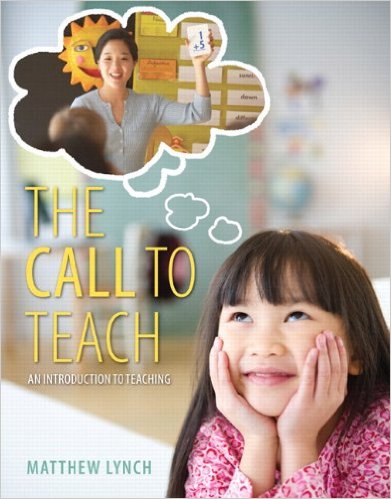5 Major Barriers to Sustainable School Improvement

School improvement is a central issue for educators today. Modern children and youth will graduate into a very different future from that of previous generations because of the numerous technological advances and social changes that are constantly pulling life into a drastically different direction. However the school community is slow to change and create the improvements that are essential to fostering growth and sustainable school improvement. Here are five barriers to school improvement that are hindering schools today.
- Expanded Administrative Duties – Since the task of leading a school has expanded and become more complex, it is becoming increasingly apparent that the responsibilities placed on principals far exceed their capacity to handle them singlehandedly. Though school leaders were traditionally only accountable for input into learning processes, they are now held accountable for all learning outcomes for both teachers and students. We now find that school leaders can only make a meaningful impact on student outcomes if they have sufficient autonomy to make decisions on issues such as the curriculum, teacher recruitment, and development. Administrators face an ever growing list of duties as school budgets tighten, staff levels decrease and student populations increase. Suddenly administrators are responsible for everything from fundraising to testing coordination to athletic development. Again, the main responsibilities left to school leaders should be those aimed at improving student learning.
- The Aging Profession – The average age of today’s school leader in the U.S. is 51 years, which means that most of the current crop of school leaders will retire over the next five to ten years. Therefore, while schools look toward improving the quality of current leadership, they should also develop clear plans for the future in terms of effective processes for leadership succession. The need for networking has also become increasingly important, with school leaders finding it wise to collaborate with leaders from other schools and districts in sharing resources and skills so as to deliver a diverse range of learning opportunities as the the valuable resource of experience begins to bleed away from schools. It’s essential for school improvement that the wisdom and experience of retiring staff is passed on to young educators through mentorship.
- Unattractive Working Conditions – In many developed countries (and this is not just confined to the U.S.) there is a remarkable decrease in the numbers of applications for the position of school principal. This is due to the negative connotations attached to the job, which it is seen as overburdened, stressful, offering inadequate training and preparation, having a meager salary compared to output, and generally poor working conditions. Most teachers and deputy principals feel that the additional incentives that are offered to principals are just too small to compensate for the burdensome workload. The simple fact is that quality professionals deserve the respect of quality compensation.
- Policymaking – Another demand in current school leadership is the need for policy and practice to work better together. This is because the government policy that is designed to change practice in schools can only work efficiently where it is synchronized with the school-level processes. Additionally, effective implementation relies heavily on the motivation and initiative of school leaders. These times require that policymakers engage school leaders in meaningful and ongoing consultation in the area of policy formulation and development, because school leaders who feel connected to the reform process are more likely to influence and involve their staff and students in the implementation process and also in sustaining changes.
- Constant Change – As noted earlier, schools are now being confronted by an increasingly complex scenario. In these rapidly changing environments, the major problem is that goals and objectives for schools and the means for their achievement are not always clear or static. Another challenge presents itself in the form of external pressure to change. School leaders must induce their teachers and students to handle the processes of change effectively. There is also a need for involvement of parents and the wider community in school processes. Additionally, current school leaders have to seek to improve the wellbeing of students by involving the private sector, sports clubs, faith-based groups, and community-based organizations in school activities. With the flurry of changes, there has been a growing concern that the role of school principal, having been designed for the industrial age, has not yet fully evolved to deal with the complexity of challenges in schools that involve preparing the youth to face the 21st century.
Changes in the school context give rise to myriad issues that require adjustment of both policy and practice of school leadership. The role of the school leaders is the key for improvement of school outcomes through influencing motivation and capacity of teachers and by affecting the environment in which they work. To achieve positive outcomes for students and for the future, a model of sustainable school improvement is essential.





